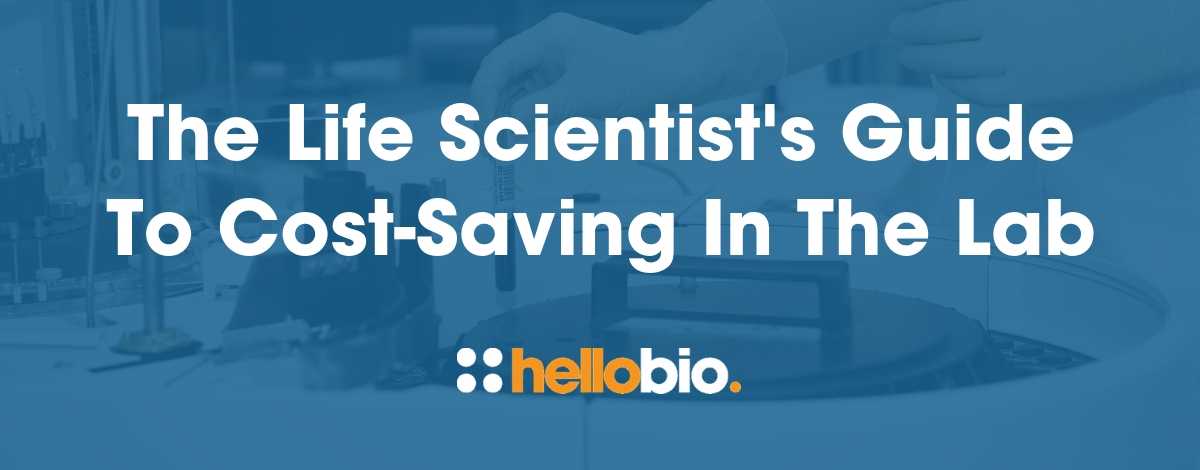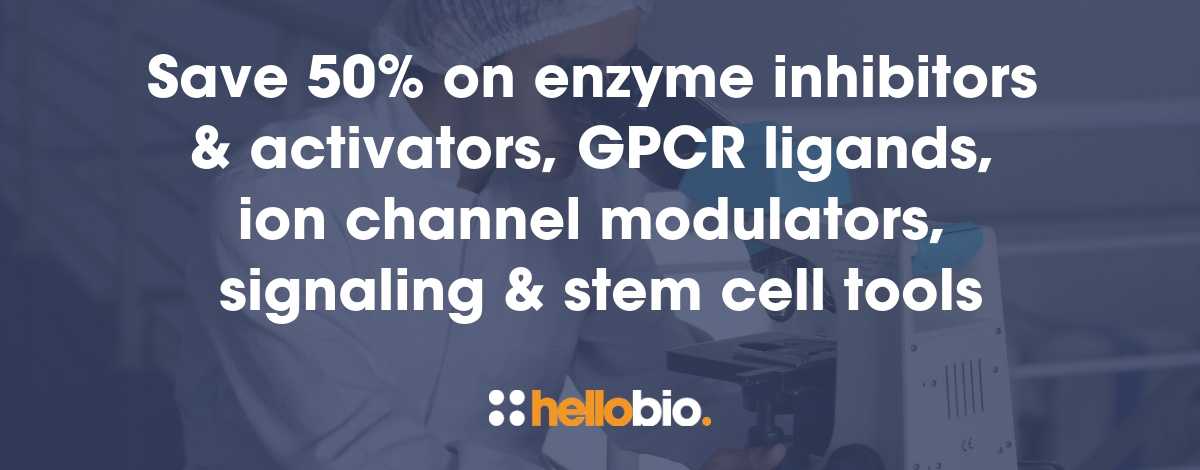Sailing Through Your PhD Thesis: Writing Tips
The last step in becoming a Doctor of Philosophy is writing a comprehensive document about your research: the thesis, or dissertation. This requires scientific acumen, storytelling skills, and attention to detail.
As a recent PhD graduate, I’d like to share some insights with you about how to leap over the final hurdle... and even enjoy the process.
Start to write with the right mindset and in the right place
I’ve decided to talk to you about how to write your thesis because one month into writing mine, I had a panic attack. My progress was super slow, and I was well behind my schedule. So, my first bit of advice is to make sure you set achievable goals and be realistic about your writing speed.
Writing your thesis will probably take longer than you anticipate, so make sure you allow at least 3-6 months for it – although be prepared for the fact that it can take longer. If you begin with this mindset, you’re likely to be happier with the progress you’re making.
Secondly, find a comfortable writing spot: whether this is your office, a library, or even a coffee shop. You might want to try out several places, as you will probably need more than one – and if you get bored, you can always go to the second place. Also, every person has a best time of day to write, so try to write in those hours. Keeping track of your productivity will help you identify the best writing conditions, which will help you keep up with your schedule.
Where to start… and where to end
Take a look at previous students’ theses to get some ideas about the structure of your thesis. Then outline yours, and start to fill up the parts. Also, make sure you know your institutional specifics for the thesis format.
Typically, a thesis consists of five main parts:
- Abstract
- Introduction
- Material and method
- Results chapters
- Discussion and the references.
When writing the introduction, think about the main message of your thesis, and write about the background knowledge that readers need to easily understand your research. Walk the readers through the story, starting from the general concept, then lead them to your specific research interest by explaining relevant research articles. Given that minor corrections to the introduction are very common, always make sure you have adequately written about the background and include most recent studies. Don’t go too deep into the experimental details when writing, but if it is important, be prepared: they may ask you about it in the viva. At the end of your introduction the reader must know what the gap in the field is that you are trying to fill, so highlight the importance of your research question.
Usually people start by writing their result sections and leave the introduction for the end. Writing the results should be straightforward as you explain your data in short, succinct sentences. Make sure your figures match your explanation and the flow of reasoning. Also, avoid using small images because that can frustrate the examiners. Lead your readers’ eyes as you point to the important features of your figures; imagine the examiners nodding their head when they go through the explanation of your data. You should give a short explanation about the meaning of your results, but leave the detailed implications of the data for the discussion.
Discussion is the heart of scientific writing, and the showdown of your research argument. You need to explain the relevance of your results to previous work, and the influence of your research on the field. In the discussion, you need to connect your results section to your introduction, discuss the significance of the findings and write about future research that follows your work. It is always helpful to get a second opinion about your discussion.
Have fun while writing (and take breaks)
While you are writing you may face writer’s block and feel like you can’t progress any further. Don’t freak out; this is absolutely normal! Here are some tips to avoid this happening.
Have regular breaks from writing. Give yourself a day or two off per week. Go for a walk or sightseeing, have a drink with your friends or loved ones. If you are into sports, regular exercise can help you to regain the energy to come back and finish writing.
While you’re writing, it’s best to have small breaks every 90 minutes or so. You can ease your mind by listening to music or watching LIVE STREAMS! Yeah, this was my way of giving my brain a bit of rest. I used to watch the seals and bears live footage from a LIVENATURECAMS YouTube channel, or the live earth view from NASA HDEV High Definition Earth Viewing Cameras. Believe me, it helped me a lot to briefly take my mind away from the thesis and boosted my concentration.
Further tips for writing your PhD thesis
- Attend your university thesis writing courses. They are run by experts that will give you great tips on how to write more efficiently.
- Start the document in style. Formatting the document from the start will make it easier at editing time.
- When you write a section leave it for a couple of days, then come back and edit it. This will help you to see mistakes more easily, with fresh eyes. You can repeat this process several times until you can’t find any more mistakes. Then, it’s time to give your thesis to somebody else to proofread.
- Give your supervisor enough time to read your thesis. Believe me they are busy, so agree a timescale with them.
- Read your references one more time. Sometimes the reference management software makes mistakes.
- Don’t forget this is your story… and nobody knows it better than you!
So, enjoy and hopefully sail through your thesis! Have fun writing, folks.
More resources
- A good book about scientific writing that I really liked was Stylish Academic Writing by Helen Sword
- More reading about the editing process:
- The live streaming channels that I mentioned (in care you’re interested!):
- Explore Live Nature Cams - YouTube Channel
- NASA Live: Earth From Space - Nasa Live Stream
______________________________
Zeinab Leila obtained her PhD in developmental Neuroscience at University College London in the labs of Prof. Nicoletta Kessaris and Prof. William D Richardson. During her PhD project, Zeinab has investigated the regulatory role of transcriptional modulators in specification of different subtypes of cortical interneuron. She is now continuing this work as a postdoc.
You can follow Zeinab Leila on Twitter here or LinkedIn here.
_______________________________
If you enjoyed reading this article, why not check out the other resources available on our blog. We are really passionate about supporting early-career life scientists and PhD students - with affordable reagents and biochemicals, travel grants, and resources to help with both personal and professional development. We know how tough it is - so we hope you find these helpful!
Advice & guidance for life scientists
Click below to view our of essential guides and articles includes to support life scientists, PhD students & early career life scientists:
Wellbeing for scientists
Click below for our resources to help improve your wellbeing:
Travel grants
Every month we give away $500 to PhD students and Postdocs so that they can attend a scientific conference - click below to find out more:
Technical resources
Try our Molarity Calculator: a quick and easy way to calculate the mass, volume or concentration required for making a solution.
Try our Dilution Calculator: an easy way to work out how to dilute stock solutions of known concentrations
Click below to see our Mini-reviews, Pathway Posters & Product Guides: a set of technical resources to answer your questions on a wide range of topics and to help you get started quickly.
And - when you get to the stage of planning your experiments, don't forget that we offer a range of agonists, antagonists, inhibitors, activators, antibodies and fluorescent tools at up to half the price of other suppliers - click below to see how we compare with other suppliers:






















